Is Sparkling Water Bad for Your Teeth?
Unflavored sparkling water is unlikely to ruin your teeth if you only drink it occasionally. However, sparkling waters with added sweeteners or lemon slices can stimulate the production of acid in the mouth and compromise your tooth enamel. Excessive consumption of flavored carbonated water may lead to tooth loss over time.
To prevent tooth decay from the consumption of sparkling water, it’s essential to know what’s in the beverages you drink, choose unflavored options, and practice proper dental hygiene. Following these precautions will help you keep your oral health in tip-top shape.
All Sparkling Water Products Are Not Created Equal
Plain sparkling water contains no sugar and is not as bad for your teeth as sugary beverages such as sodas and fruit juices. However, some sparkling waters may sneak in artificial flavoring such as sweeteners and “natural” sugars that can affect the pH balance in your mouth. Sugar and artificial sweeteners can lead to enamel erosion in time.
Consuming soda with artificial dyes can also stain the teeth. While this can be remedied effectively with professional teeth whitening, it’s generally best to avoid drinking sparkling water that contains added artificial dyes.
Beverage pH and its Effect on Your Teeth
Most carbonated beverages are more acidic than water with pH levels ranging from around three to seven. Plain tap water has a pH level of seven. Since tooth enamel erosion can occur at lower (more acidic ) pH levels, it’s best to choose unsweetened plain sparkling water (seltzer water) over sweetened varieties as it is more likely to have a fairly neutral pH.
How to Drink Sparkling Water Without Hurting Your Teeth
In general, it’s a good idea to monitor the type of carbonated water that you drink and how much you consume daily. There are also some proactive steps you can take to reduce the effects of carbonated water on your tooth enamel and oral health.
Check What’s in Your Sparkling Water
Sparkling water is made by infusing water with carbon dioxide under pressure. The process produces refreshing bubbly water that contains a weak acid known as carbonic acid.
Most carbonated waters contain traces of carbonic acid, which adds to sparkling water’s tart flavor and slightly more acidic pH.
Along with bubbles, some carbonated drinks contain ingredients that could negatively impact tooth enamel. Look out for these ingredients on the label:
Added sugars and/or artificial sweeteners and colorings
Sodium levels above 20 mg per serving and added minerals such as potassium bicarbonate and potassium sulfate
Citrus-based flavorings such as orange, lemon, and lime (which can produce acidity in the mouth)
High-fructose corn syrup (avoid sparkling water that contains this sweetener entirely)
Checking the label of your sparkling water can help you decide whether or not a carbonated drink will affect your teeth. Generally, it’s best to stick with unflavored and unsweetened sparkling water products produced by a brand you trust.
Make Your Own Carbonated Water
While there are many great options for buying healthy sparkling water, it can be comforting to know exactly what’s going into your carbonated drink. Making your own sparkling water is the best way to ensure a healthy beverage.
You could set up a DIY carbonation system at home or invest in a formal sparkling water maker. Either way, making sparkling water can be fun and help you save money on bottled beverages. You can even add natural flavorings such as:
Fresh berries
Cucumber slices
Herbs such as mint or rosemary
Practice Proper Dental Hygiene
It goes without saying that proper dental hygiene is the key to great oral health—no matter which beverages you drink. During the COVID-19 pandemic, dentists reported ahigher incidence of tooth decay and more advanced gum disease, showing the importance of brushing, flossing, and regular dental checkups.
The foods and beverages you consume should be seen as an essential part of your dental hygiene routine:
Eating crunchy fruits and vegetables like apples, celery, and carrots helps to reduce plaque buildup and keeps your gums and teeth healthy.
Sipping sparkling water (and still water) is far better for your teeth than consuming lots of sugary drinks.
Sparkling water provides a healthier alternative to soda if you have recently undergone dental implant surgery or a root canal in our Bakersfield, CA dental office. Unsweetened beverages are also best for the long-term health of fillings, crowns, and implants. To minimize the impact of sparkling water’s slightly higher acidity, drink it through a straw, rinse out your mouth afterward with still water, and consume it with meals rather than sipping on it frequently throughout the day.
Sparkling Water Is Perfectly Fine in Moderation
All things considered, is sparkling water bad for your teeth? No, as long as you drink it in moderation and follow the tips that we’ve outlined above. Unsweetened sparkling water with no added fruit juice or citric acid is a much healthier alternative to regular sodas.
If you like to drink sparkling water, check the ingredient label before making a purchase and remember to drink still water as well. Take good care of your teeth by brushing, flossing, eating tooth-friendly foods, and going for a dental checkup at least once every six months.
As long as you keep your oral health in check, there is nothing wrong with enjoying a refreshing sparkling water beverage from time to time.

